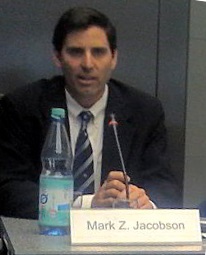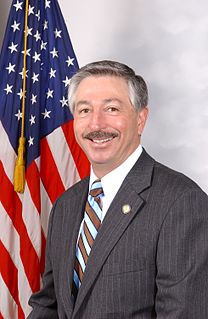A Quote by Larry Ellison
We have an ideal location for a couple of organic wineries on the island. But the reintroduction of commercial agriculture to Lanai is 100% dependent upon increasing the available water on the island. So we're going to use solar energy to convert seawater to fresh water.
Related Quotes
Everything we think about regarding sustainability - from energy to agriculture to manufacturing to population - has a water footprint. Almost all of the water on Earth is salt water, and the remaining freshwater supplies are split between agricultural use and human use - as well as maintaining the existing natural environment.
Organic is something we can all partake of and benefit from. When we demand organic, we are demanding poison-free food. We are demanding clean air. We are demanding pure, fresh water. We are demanding soil that is free to do its job and seeds that are free of toxins. We are demanding that our children be protected from harm. We all need to bite the bullet and do what needs to be done—buy organic whenever we can, insist on organic, fight for organic and work to make it the norm. We must make organic the conventional choice and not the exception available only to the rich and educated.
The good news about fresh water is that, even after accounting for the larger volume of water that is unavailable to people from the hydrologic cycle, there is enough on a global scale to support current and anticipated populations on a sustainable basis... Three essential goals are dependable and safe supplies for people, protection and management of the environmental systems through which water moves, and efficient water use. Meeting these goals will require that fresh water not continue to be treated as a free good or as the principal means for disposing of human and industrial wastes.

































